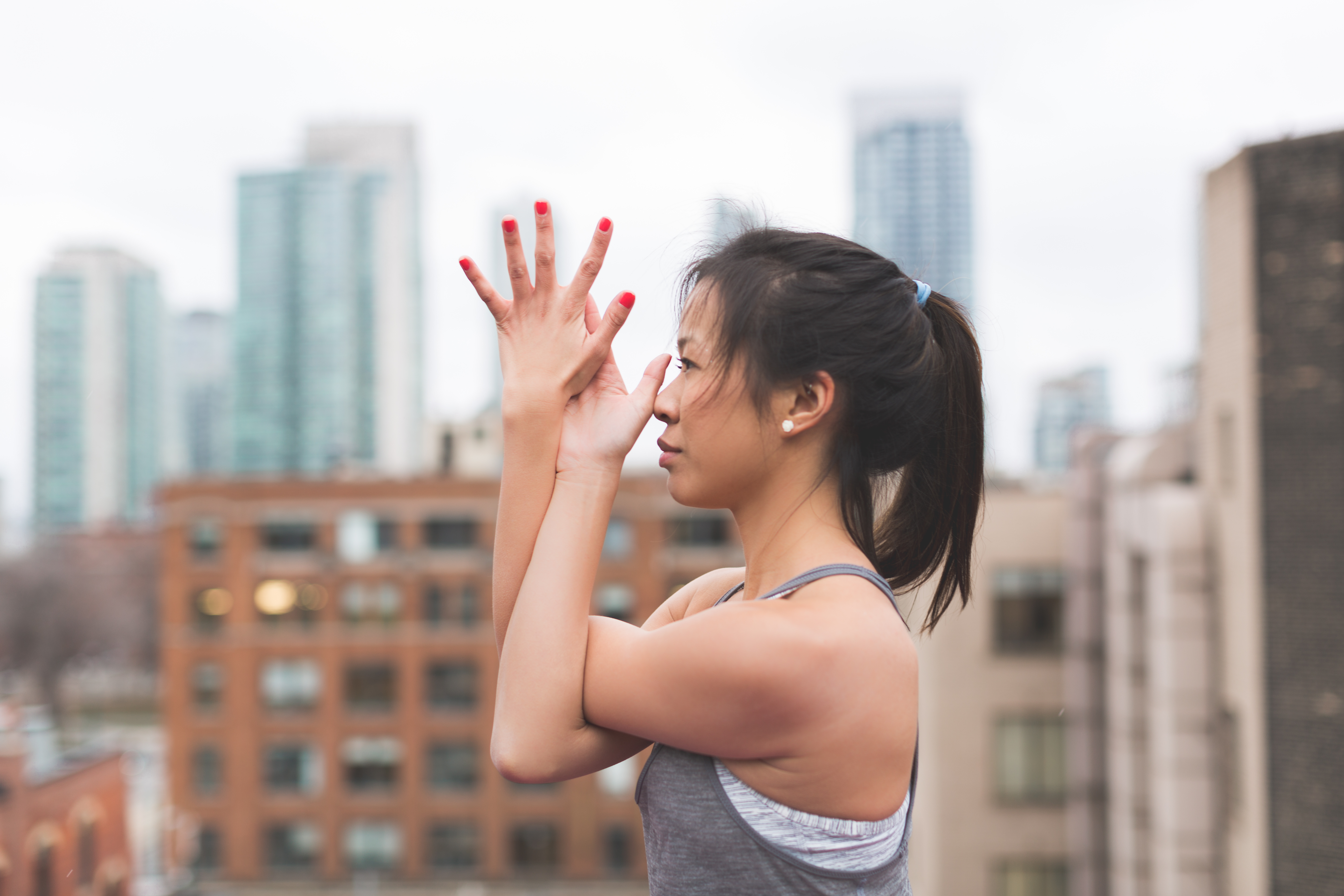
It’s important to stay mobile and active, even with the Movement Control Order to prevent the spread of COVID-19. Regular exercise has the following benefits:
- Reduces the risk of dying from heart disease
- Reduces the risk of developing high blood pressure, colon cancer, and diabetes
- Improves stamina and muscle strength, which can help with some forms of disability
- Helps control joint swelling and pain
- Reduces symptoms of anxiety and depression
- Helps to get you in a good mood
There are three general types of exercise:
- Cardiovascular exercise, which improves the health of your heart, blood flow, and lungs. This can include running, swimming and hiking.
- Strength training, which builds your muscles and improves your physical stamina, or how long you can stay active. This usually involves lifting weights.
- Flexibility exercise helps your body to remain agile, with a wide range of movement. Yoga is a good example of a flexibility exercise.
If you can’t go to the gym, park or clinic to stay fit, here are some ways you can still remain physically active.
Work with your doctor or therapist
Your doctor, physical therapist, or occupational therapist can give you advice on staying mobile and active. Here are some questions you may want to ask:
- How much exercise should I do every day?
- How much exercise should I aim to do in a week?
- What types of exercise should I do?
- What types of exercise should I avoid?
- Should I take my medication at a certain time before or after I exercise?
Move around within your home
You can use your environment to your advantage, even if you only have a small space at home. You can climb stairs, walk or wheel circuits around the house, or do static exercises such as lifting weights, yoga or resistance band exercises.
Create your own equipment
You can exercise with objects around your house, such as
- water bottles (1 liter of water weighs about 1 kg)
- heavy books
- liquid detergent bottles as weights or kettlebells
- beanbags to lift and throw
- tin cans as weights
- PVC pipes for support and lifting
- stress balls in place of hand grippers
- chairs as support for pushups
Keep up your daily activities
A little activity is better than none at all. Activities of daily living can count as exercise, especially the following:
- walking more often to work or leisure
- gardening
- housework/cleaning
If you drive, park a little further than usual from your destination, then walk/wheel the rest of the way.
Workout with videos online
There are as many helpful videos online as there are ways to exercise. Here are a few suggestions:
- Exercise for the over 60s by Liesel Weiser
- Exercise for spinal cord injury patients
- Exercises for joint and bone issues
- Exercising for those with learning disabilities
Move along with PWD-friendly workout apps
Click here for MIND’s list of fitness apps for PWD. We also recommend the following:
- MyFitnessPal (iOS and Android)
- Wheelchair Exercises (Android)
- Wheelchair Exercises (iOS)
- Zombies, Run! (iOS and Android) In March 2020, the app introduced missions or movement goals that you can do at home, called Zombies, Run!: Home Front.
References
Amy L. (2012 )Apps to Help You in the Gym [Accessed: 10 Jun 2020] Available at: https://www.disabled-world.com/assistivedevices/apps/fitness-apps.php
Aruma (2015) Importance of fitness and exercise for people with disabilities [Accessed: 10 Jun 2020] Available at: https://www.aruma.com.au/about-us/blog/importance-of-fitness-and-exercise-for-people-with-disabilities/
Centers for Disease Control and Prevention (1999) Physical Activity and Health: A Report of the Surgeon General [Accessed: 10 Jun 2020] Available at: https://www.cdc.gov/nccdphp/sgr/disab.htm
Chris R. (2020) Safe and Easy Ways to Workout for Disabled People [Accessed: 10 Jun 2020] Available at: https://chrisruden.com/blog/fitness/workout-for-disabled-people/
Emily A. (2020) 30 Household Items That Double as Home Workout Equipment [Accessed: 10 Jun 2020] Available at: https://www.bicycling.com/skills-tips/g23451830/how-to-use-household-items-to-exercise-at-home/
Lainie I. (2018) 13 Favorite Apps for People With Chronic Conditions [Accessed: 10 Jun 2020] Available at: https://themighty.com/2018/10/apps-chronic-illness-disability/
Lawrence R., Jeanne S., PhD (2019) How to Exercise with Limited Mobility [Accessed: 10 Jun 2020] Available at: https://www.helpguide.org/articles/healthy-living/chair-exercises-and-limited-mobility-fitness.htm
Natasha H. (2017) Exercises To Try At Home For Disabled People [Accessed: 10 Jun 2020] Available at: https://www.huffingtonpost.co.uk/entry/exercises-to-do-at-home-if-you-have-a-disability_uk_5878b3bfe4b0f3b82a37408e
National Health Service (2019) Get active with a disability [Accessed: 10 Jun 2020] Available at: https://www.nhs.uk/live-well/exercise/get-active-with-a-disability/
Sally F. (2020) How to DIY Your Own Dumbbells, Weights, and More for Home Workouts [Accessed: 10 Jun 2020] Available at: https://www.nytimes.com/wirecutter/blog/diy-home-workout-equipment/